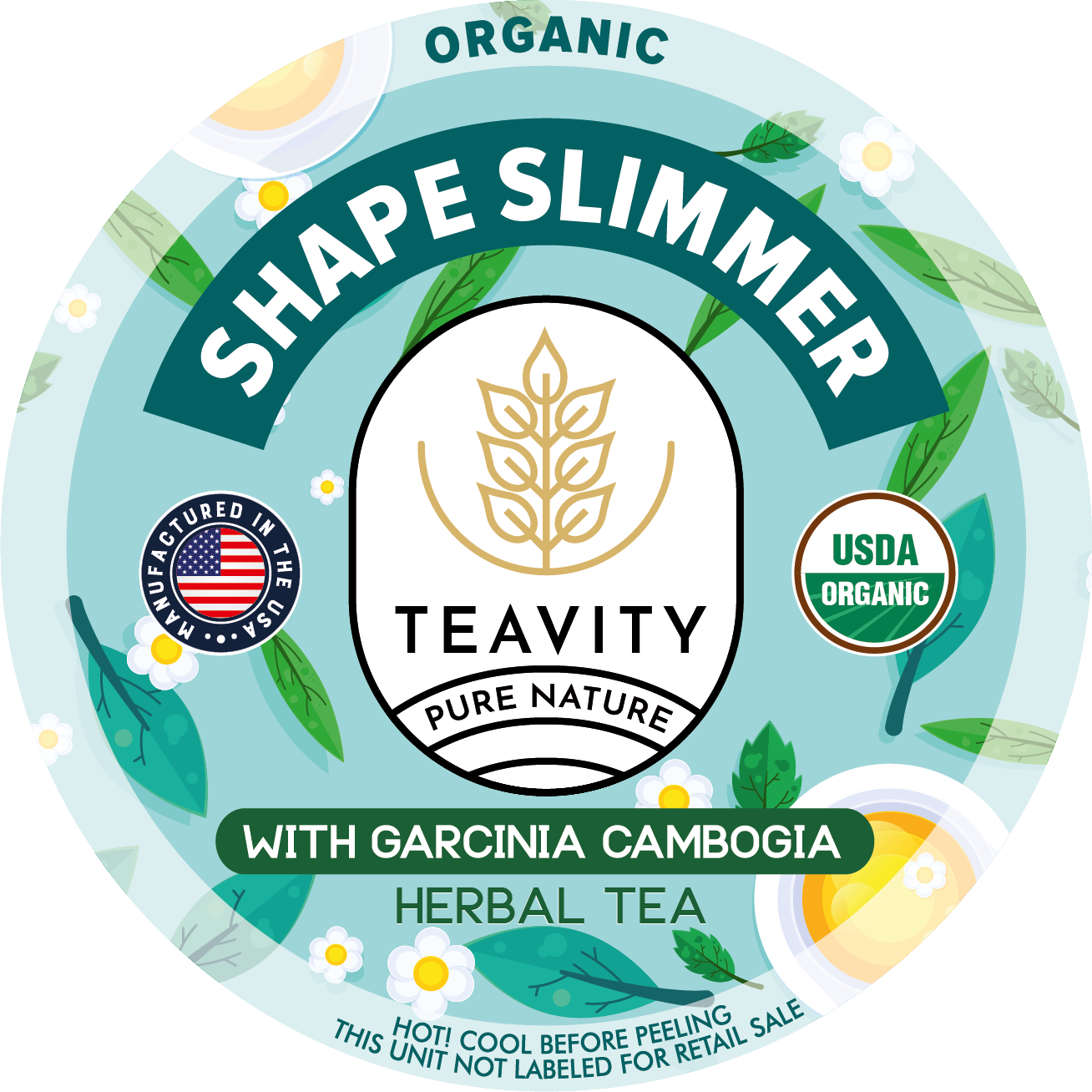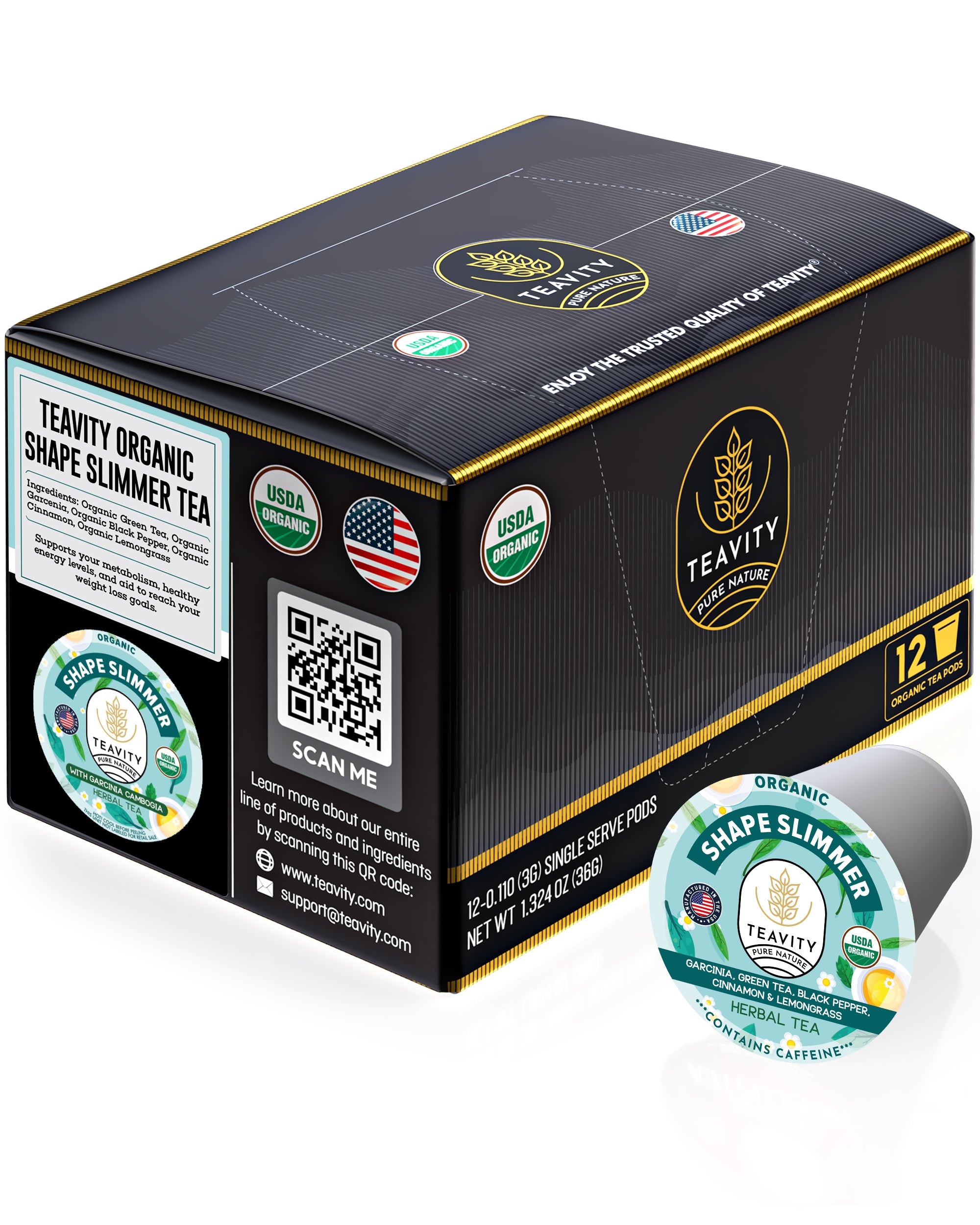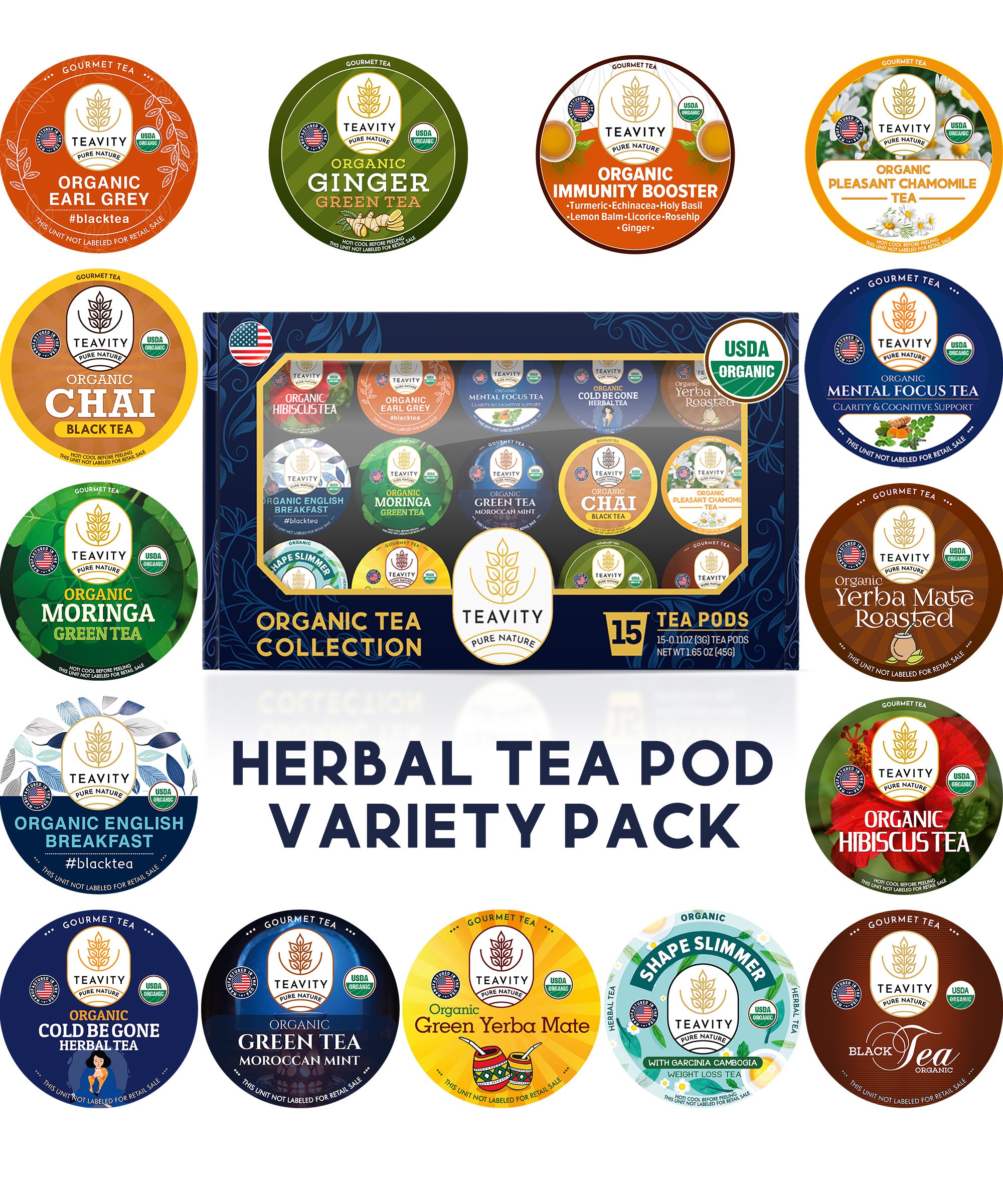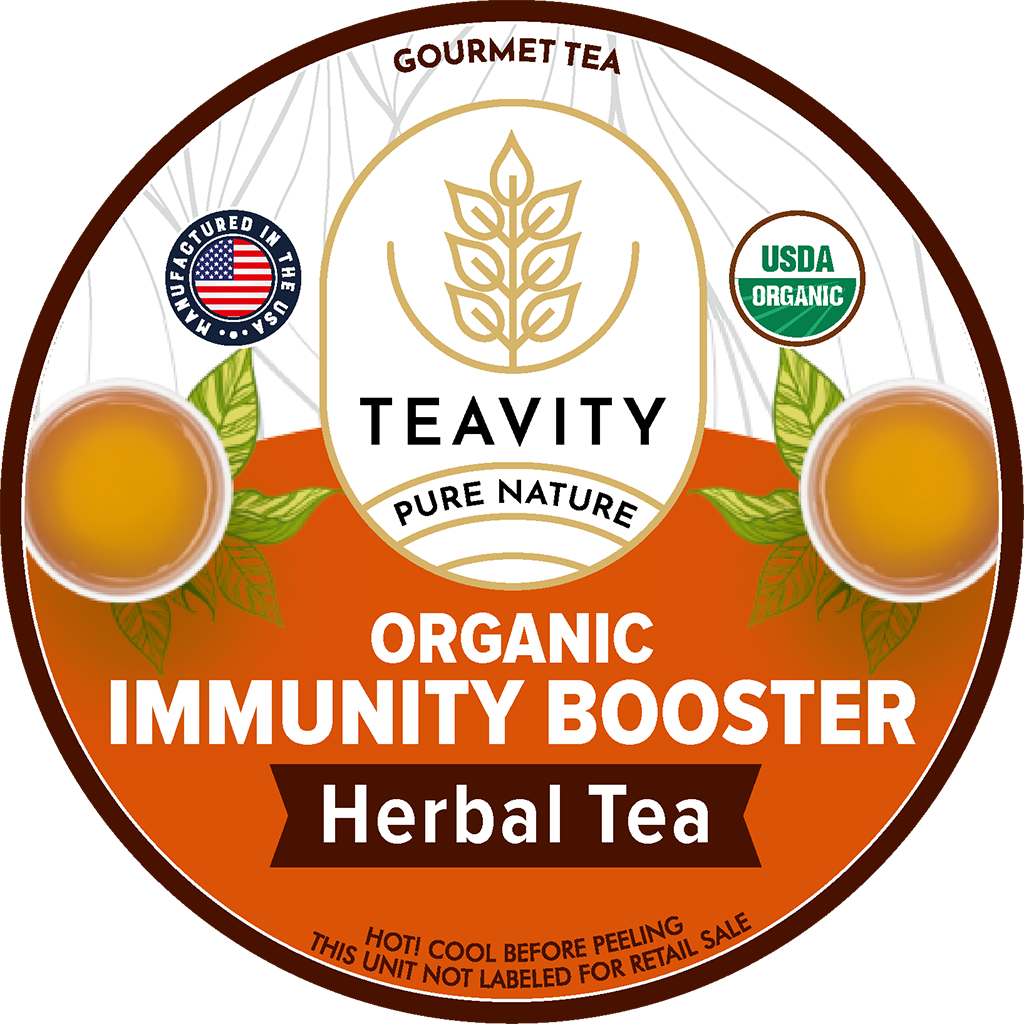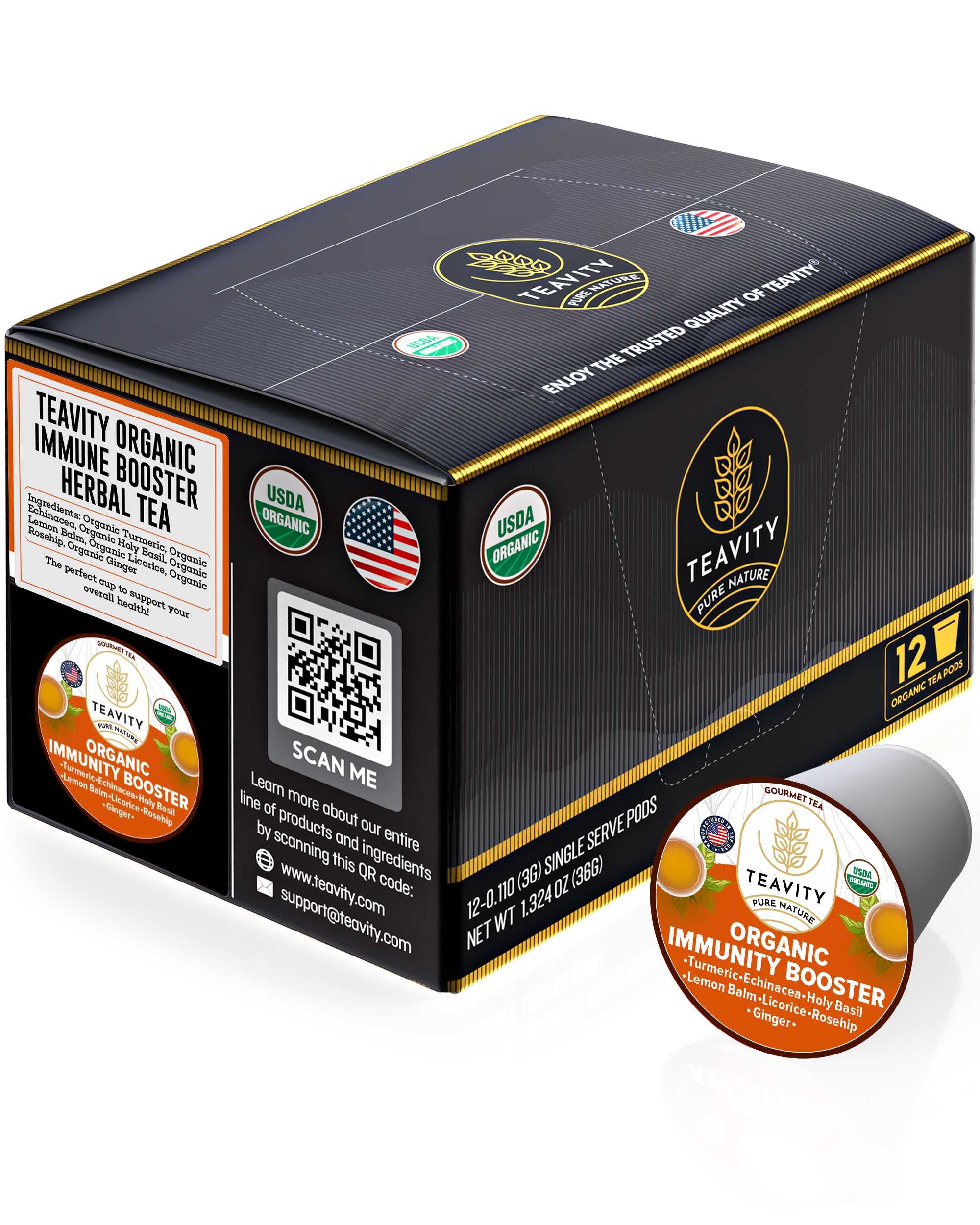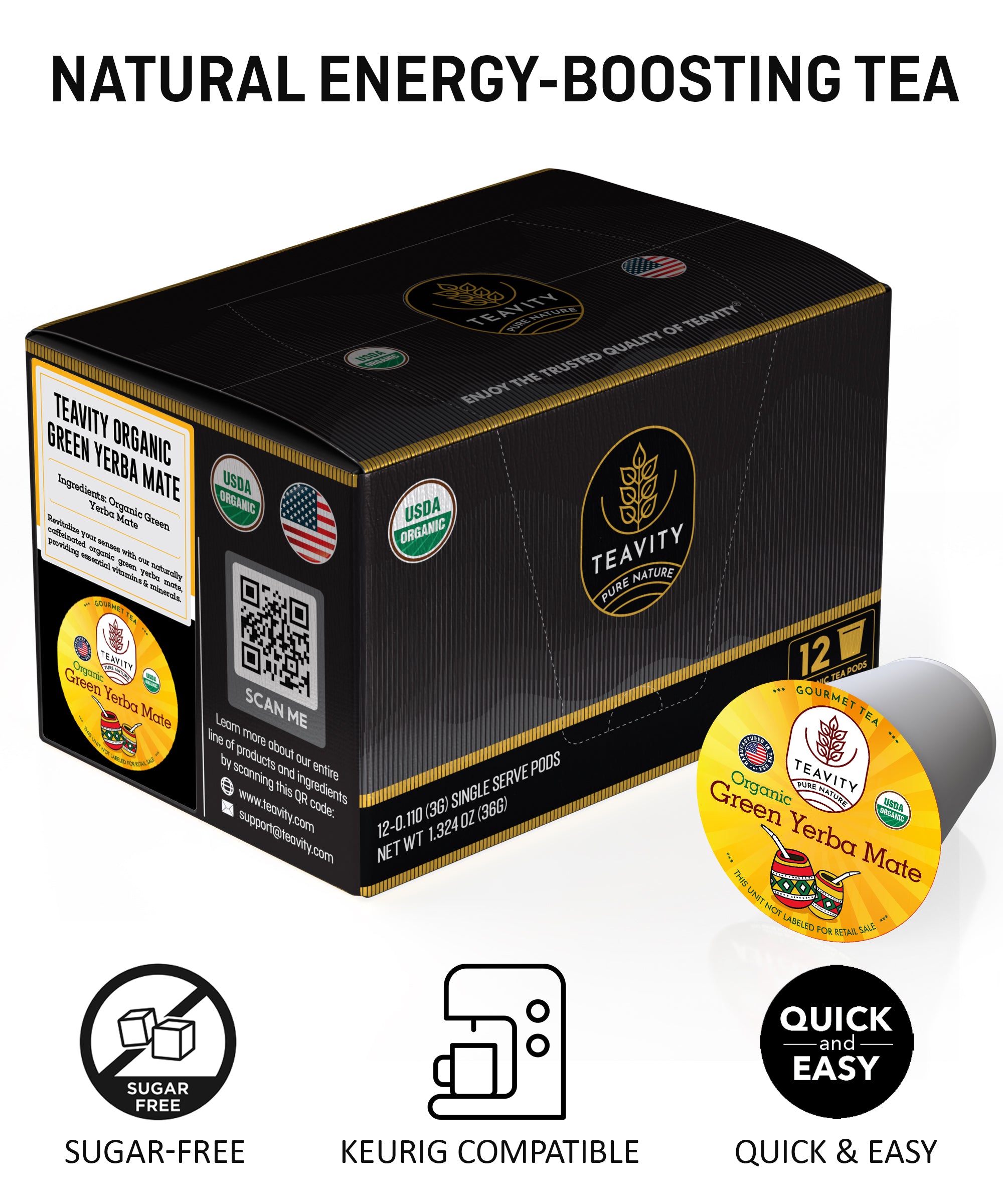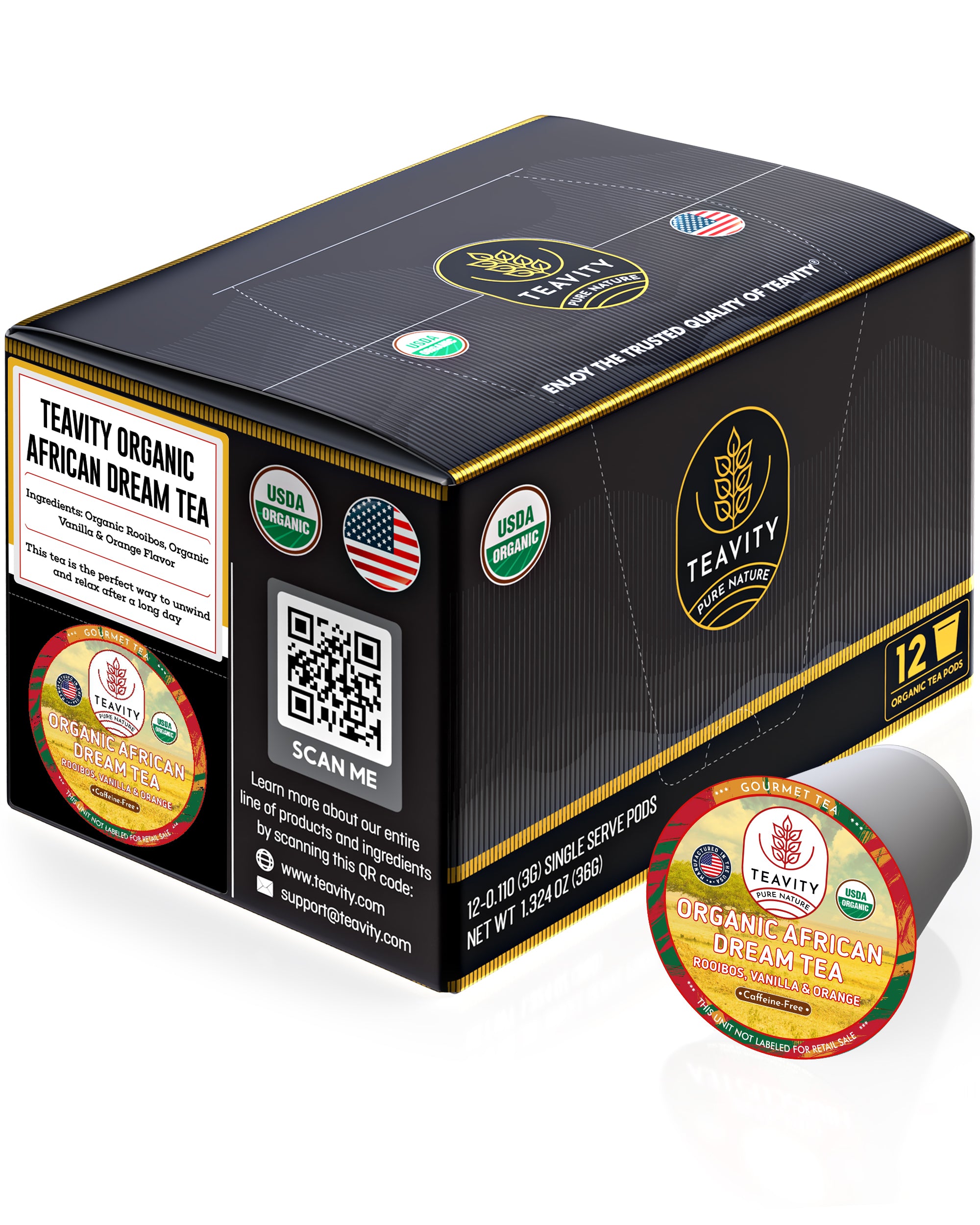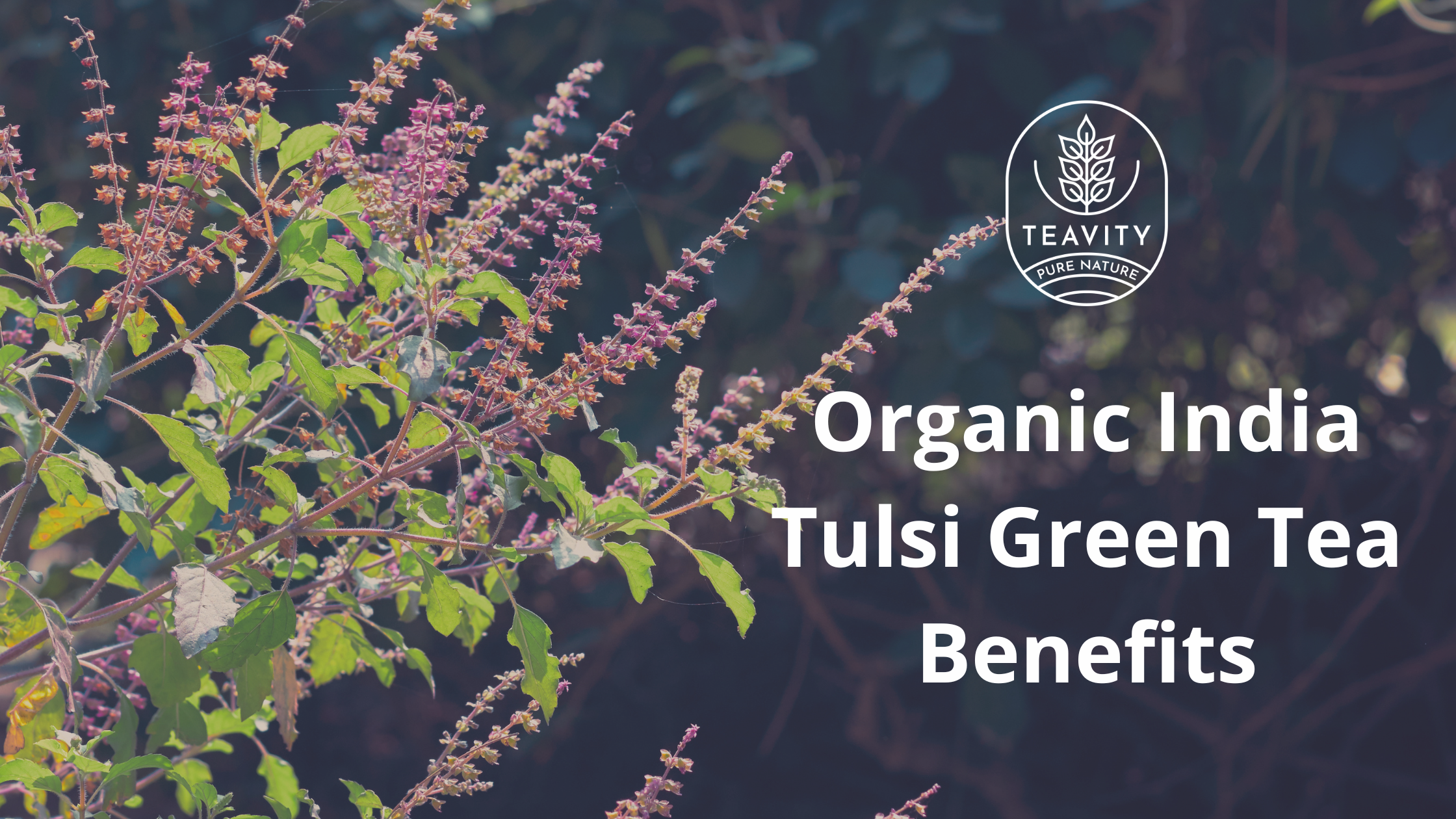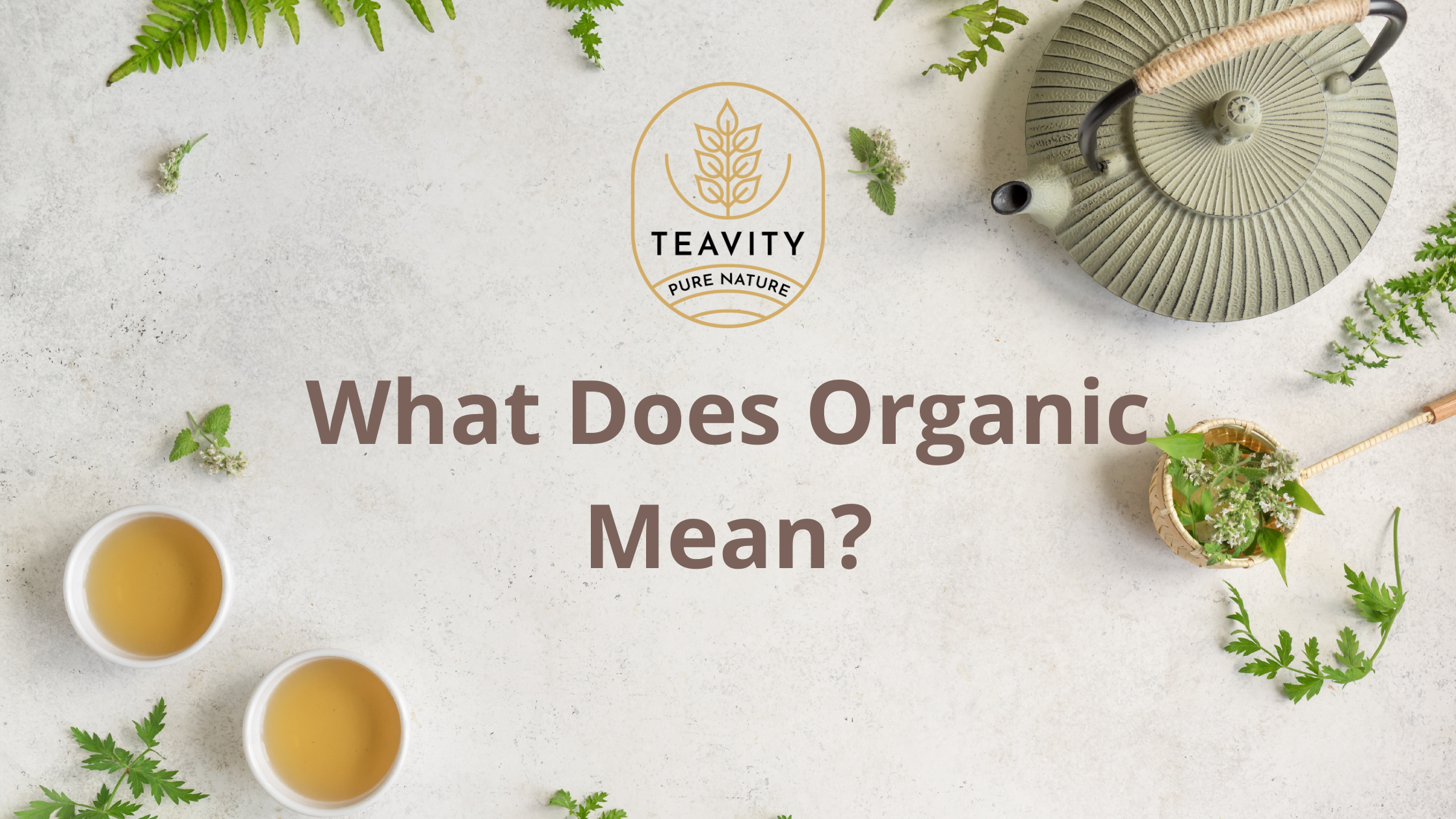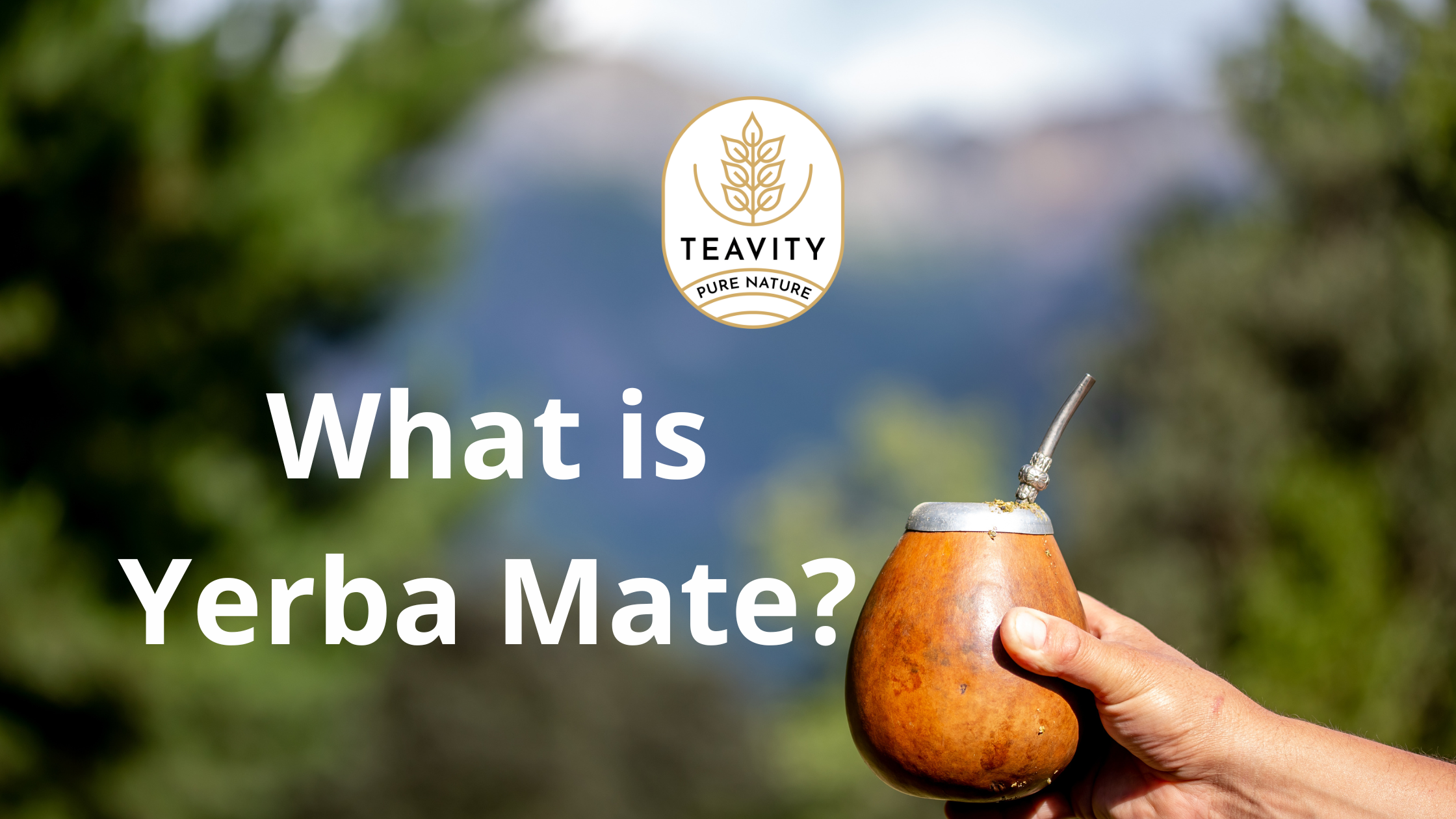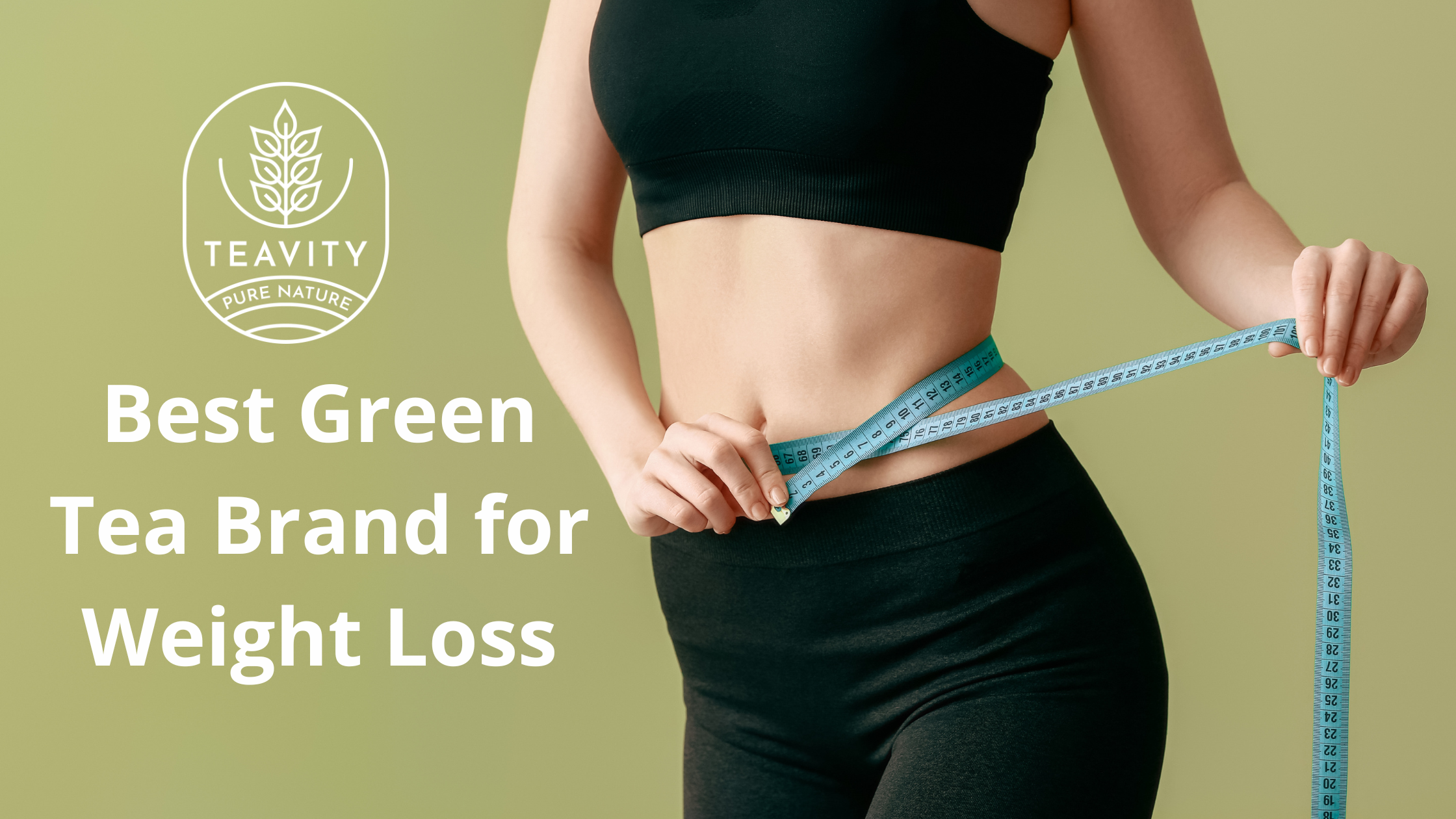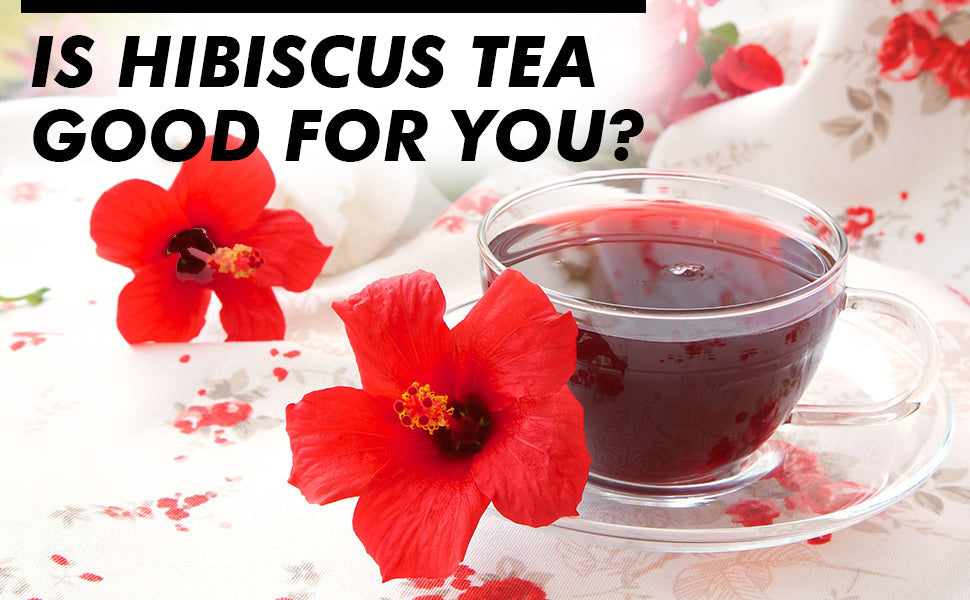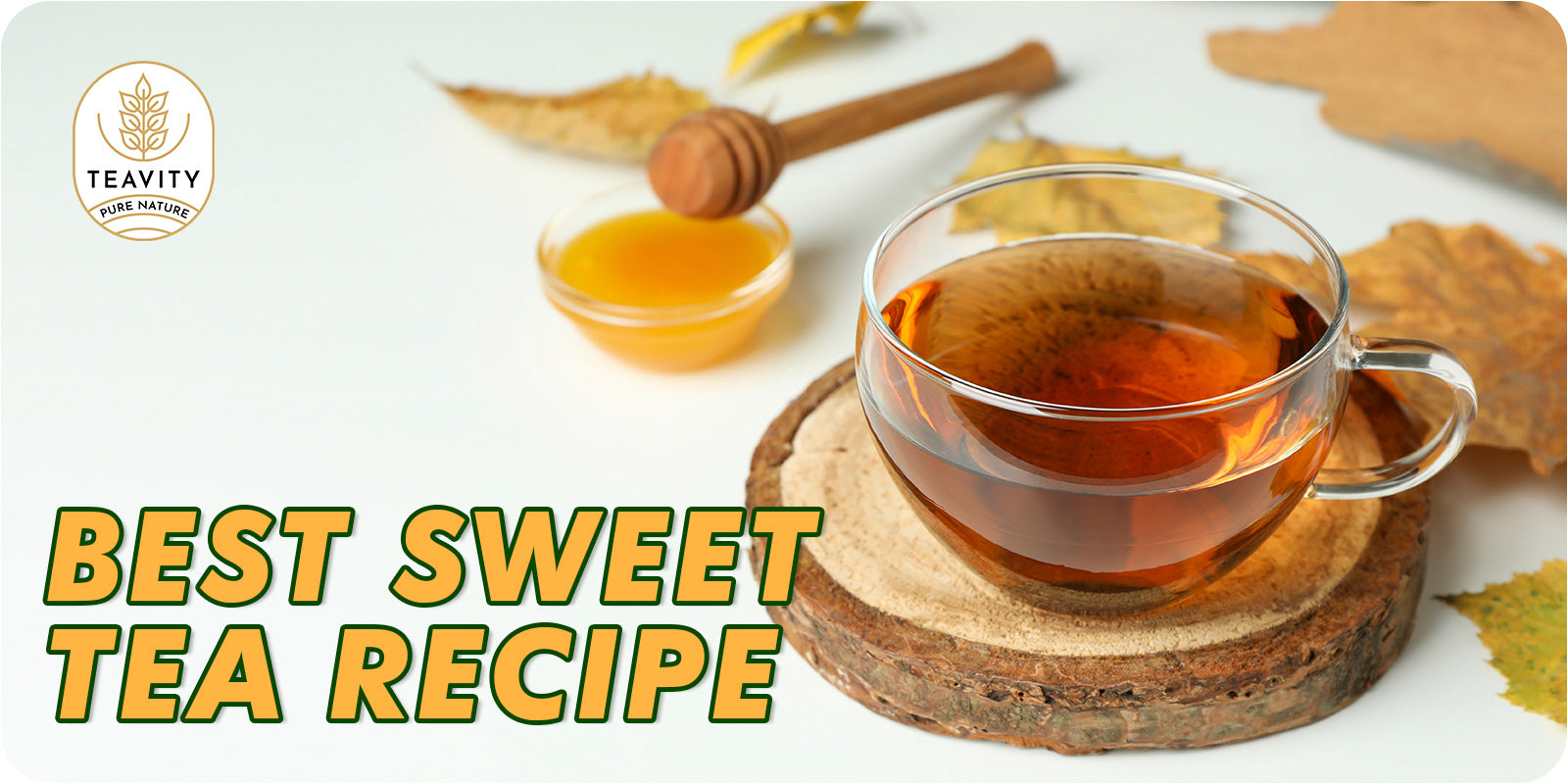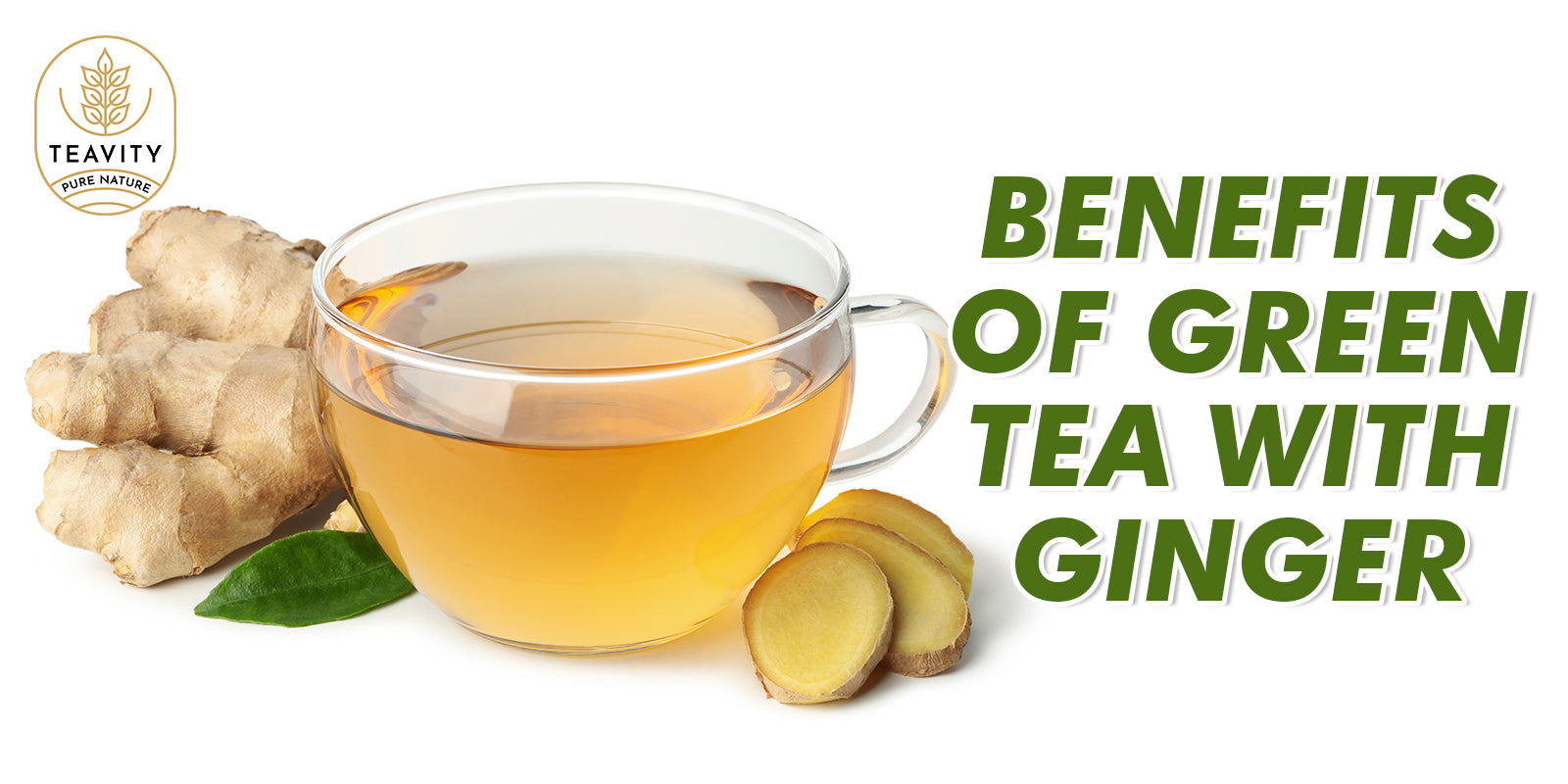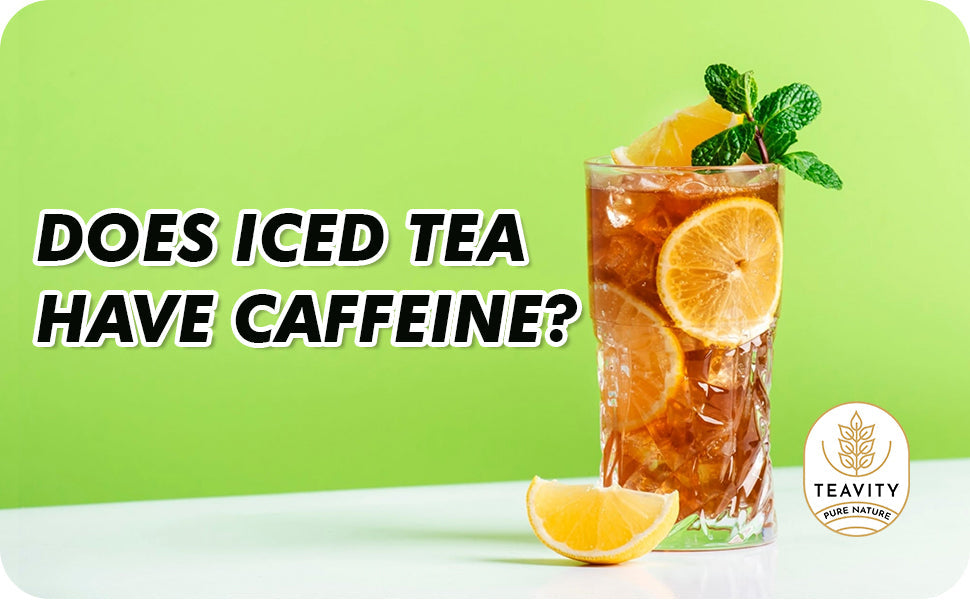
Does Iced Tea Have Caffeine?
Introduction:
Iced tea is a refreshing and popular beverage enjoyed by many. But have you ever wondered if it contains caffeine? In this article, we delve into the world of iced tea and caffeine, examining its composition, variations, and potential effects on the body.
Understanding Caffeine:
Caffeine is a natural stimulant that is commonly found in various beverages, including tea, coffee, and energy drinks. It belongs to a class of compounds known as methylxanthines. Caffeine stimulates the central nervous system, providing a temporary boost in energy and alertness.
Effects of Caffeine on the Body:
Consuming caffeine can have both positive and negative effects on the body. It can increase mental alertness, improve concentration, and even enhance physical performance. However, excessive consumption or sensitivity to caffeine may lead to symptoms like restlessness, anxiety, and difficulty sleeping.
Caffeine in Iced Tea:
Yes, iced tea does contain caffeine, but the amount can vary depending on several factors. The primary source of caffeine in tea is the Camellia sinensis plant, from which black, green, and white teas are derived. However, herbal teas, which are made from herbs, fruits, or flowers, are generally caffeine-free.
Factors Influencing Caffeine Content in Iced Tea:
The caffeine content in iced tea can be influenced by several factors, including the type of tea used, the brewing time, and the temperature of the water. Generally, longer brewing times and higher water temperatures result in higher caffeine extraction. Additionally, the quality and origin of the tea leaves can also impact caffeine levels.
Types of Iced Tea and Caffeine Levels:
- Black Tea: Black tea, renowned for its robust flavor, typically contains the highest caffeine content among all types of tea. On average, an 8-ounce serving of black iced tea can have anywhere from 40 to 70 milligrams of caffeine.
- Green Tea: Green tea is known for its antioxidant properties and a more delicate flavor compared to black tea. It contains less caffeine than black tea, with an average of 20 to 45 milligrams of caffeine per 8-ounce serving of iced green tea.
- Herbal Tea: Herbal teas, such as chamomile, peppermint, and hibiscus, do not naturally contain caffeine. They are an excellent option for those seeking a caffeine-free iced tea.
Decaffeinated Iced Tea:
If you prefer to enjoy iced tea without the stimulating effects of caffeine, decaffeinated options are available. The decaffeination process removes most of the caffeine from the tea leaves while preserving the flavor. However, it's important to note that decaffeinated tea may still contain trace amounts of caffeine.
How is Decaffeinated Iced Tea Made?
The decaffeination process typically involves steaming or soaking the tea leaves in a solvent, such as ethyl acetate or carbon dioxide, to extract the caffeine. The tea leaves are then dried and brewed to create decaffeinated tea. The specific method used can vary among manufacturers.
Caffeine Content in Decaffeinated Iced Tea:
While decaffeinated iced tea is designed to have minimal caffeine, it's worth noting that it may still contain a small amount, usually around 2 to 10 milligrams per 8-ounce serving. The exact caffeine content can vary based on the decaffeination method and the type of tea used.
Conclusion:
Iced tea can indeed contain caffeine, with the levels varying based on the type of tea and other factors. Black tea tends to have the highest caffeine content, followed by green tea, while herbal teas are naturally caffeine-free. If you prefer a caffeine-free option, decaffeinated iced tea is a suitable choice. Whether you enjoy a caffeinated or decaffeinated version, iced tea remains a refreshing and versatile beverage for any occasion.
